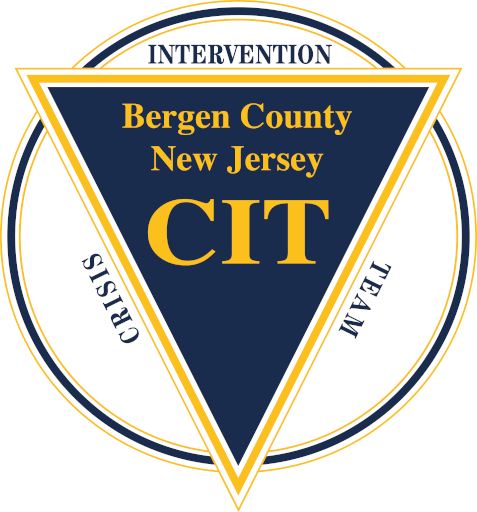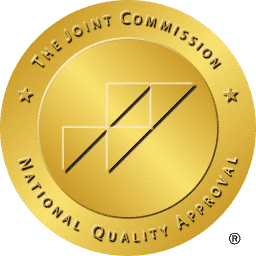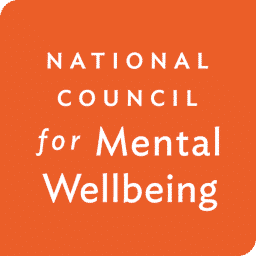The opioid epidemic in the U.S. continues to be one of the biggest health issues throughout the country. Over the past decade, it has resulted in an excess of 564,000 opioid overdose fatalities, brought about by both illicit and prescription drugs.
Since 1999, opioid-related death rates have steadily gone up by 38%. In 2020, almost three-quarters of all drug overdose deaths were caused by opioids.
During the first wave of the opioid crisis, overdose deaths were caused by prescription opioids, while heroin was the primary culprit during the second wave in 2010. For the third and current wave, though, the main cause of overdose fatalities was synthetic opioids.
In particular, illicitly manufactured fentanyl led the charge, both taken on its own and in combination with other opioid drugs, such as heroin and cocaine.
What Is Fentanyl?
Fentanyl is a type of synthetic opioid prescription drug. The FDA classifies it as a Schedule II prescription drug.
It is used similarly to morphine as an analgesic or pain-relieving medicine. It is commonly prescribed to patients experiencing severe or chronic pain, including post-surgery pain.
At the same time, fentanyl is a highly potent and addictive opioid. It is around 50 times stronger than heroin and up to 100 times more potent than morphine, making it one of the deadliest opioids.
While this means it can be more effective in treating pain, it also means it is much easier to become addicted or dependent on fentanyl. Even when taken in small doses, it can potentially cause overdoses.
Fentanyl has become a major contributor to both fatal and nonfatal overdoses in the U.S.’s drug epidemic. The fentanyl crisis marks the most dangerous wave of the ongoing opioid epidemic, causing an alarming spike in opiate deaths across various states — including New Jersey.
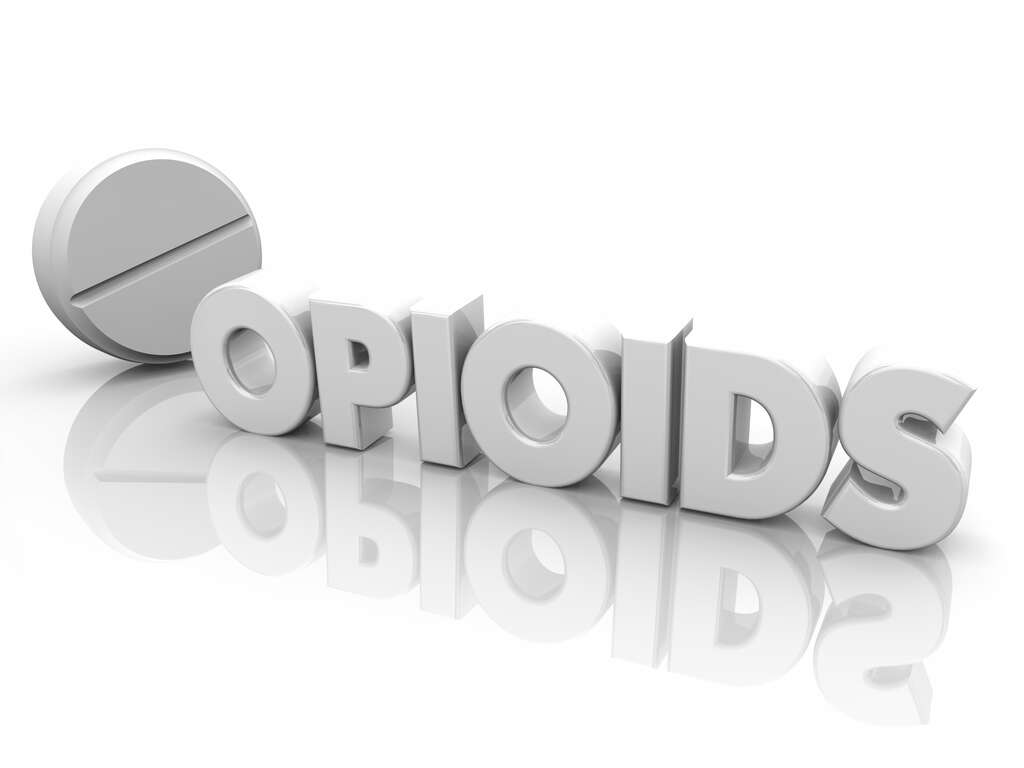
Fentanyl Crisis in the Garden State
Like any other U.S. state, New Jersey has been fighting against the opioid epidemic for several years. Despite its valiant efforts, though, data shows that the latest wave of the synthetic opioid crisis has hit the state hard.
In recent years, fentanyl has been in the limelight as the star of the state’s opioid crisis. Thanks to the drug’s cheap manufacturing costs and dangerous potency, it has saturated the opioid illicit drug market much deeper than heroin.
Fentanyl was responsible for only 42 out of a total of 1,223 opioid overdose deaths in New Jersey back in 2012.
Fast forward to 2019 and the numbers have gone up to 2,248 fentanyl-related overdose fatalities — equivalent to 75% of all opioid drug deaths in the Garden State. In 2020, New Jersey’s numbers went up even more to 2,336 confirmed fentanyl overdoses.
Part of the reason why fentanyl-related overdoses and deaths have gone up is how it is used. Since it is cheaper and more potent than other illicit drugs, fentanyl has become a popular cutting agent. It is often added to other illicit opioids and other types of drugs, including cocaine and methamphetamine, to strengthen their effects.
Even just two to three milligrams of fentanyl can be a lethal dose. This poses a problem in the case of fentanyl-laced prescription pills. According to the U.S. Drug Enforcement Administration (DEA), six in ten fake fentanyl prescription pills contained lethal doses of the opioid drug.
However, detecting whether another drug is laced with fentanyl is almost impossible. Fentanyl test strips are the easiest and most inexpensive testing to check for potential laced pills.
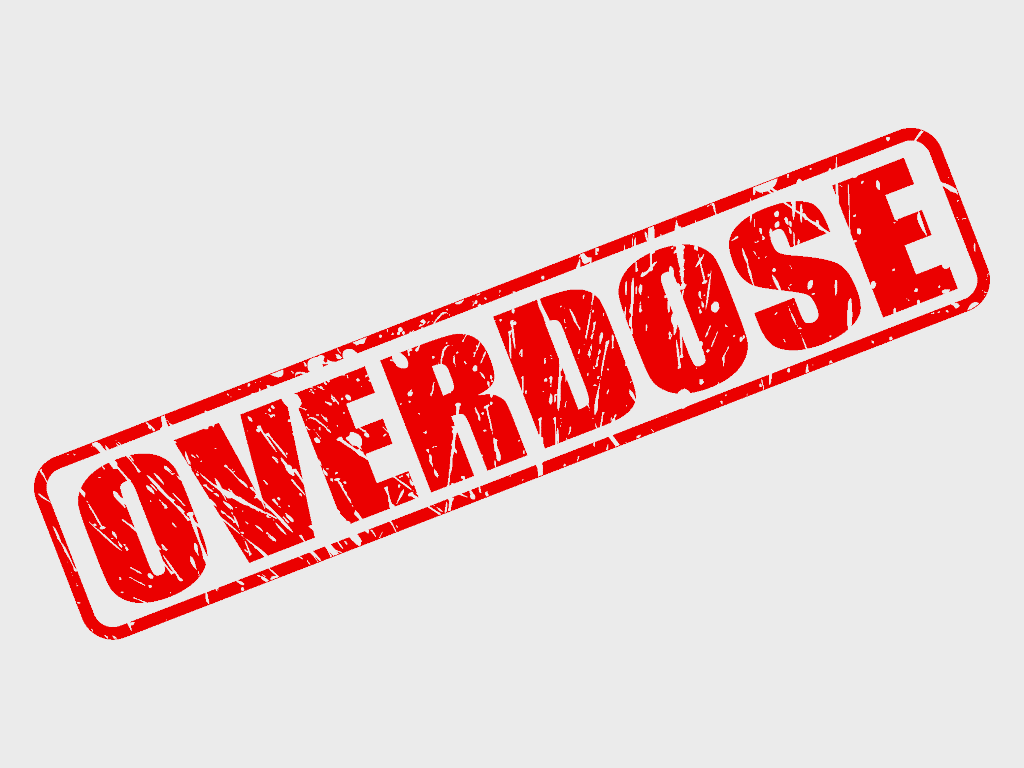
Fentanyl Overdose in Bergen County, NJ
One of the New Jersey counties hit hard by the fentanyl epidemic wave is Bergen County. Official data from the New Jersey Office of the Chief State Medical Examiner shows that Bergen County had 122 confirmed drug overdoses due to fentanyl.
The county also recorded 11 confirmed overdoses caused by fentanyl analog. These numbers still don’t include suspected drug overdoses in the county.
The fentanyl problems in Bergen County, New Jersey have been going on for several years. In December 2022, local authorities arrested a man for possessing 95 kilos or almost 210 pounds of fentanyl and cocaine. He was charged with possession with the intent to distribute.
That much fentanyl would be enough to eliminate half or more of the population of New Jersey, as well as New York.
Dangers of Fentanyl Addiction
What exactly makes fentanyl so dangerous? Aside from its potency and higher likelihood of overdose, fentanyl can adversely affect our brains — resulting in physical health issues as well as mental health ones.
Taking fentanyl in large amounts or frequently pushes the brain to adapt to the drug. This leads to diminished sensitivity, making your brain build up a higher tolerance to the drug itself. This later turns into dependency and addiction.
Aside from dulling pain, the drug’s effects include:
- Nausea
- Confusion
- Sedation
- Constipation
- Drowsiness
- Unconsciousness
- Irregular heartbeat
- Tightness in the chest
- Breathing problems
Slow breathing and other breathing issues are common symptoms of fentanyl overdose. This can cause hypoxia, a condition caused when our brain is unable to get sufficient oxygen. Hypoxia can lead to permanent brain damage, coma, and death.
Since fentanyl primarily affects areas of your brain that control pain and deal with emotion, prolonged use raises your risk of co-occurring mental health disorders. These can include anxiety, depression, and dysphoric mood.
Signs of Fentanyl Addiction and Overdose
Indicators of fentanyl addiction and dependency generally mirror its most common effects and signs of withdrawal. Signs and symptoms of fentanyl abuse, addiction, or dependency may include:
- Swollen hands or feet
- Fatigue
- Confusion or disorientation
- Trouble concentrating
- Fast heart rate
- Slowed breathing
- Nausea and dizziness
- Vomiting
- Diarrhea
- Uncharacteristic or erratic behavior
- Social isolation
- Inability to control drug intake
- Intense drug cravings
With the rise in fentanyl-related overdoses through the years, it helps to know how to recognize signs of a fentanyl overdose. Not all overdoses are fatal.
In some cases, opioid drug overdose can still be reversed. A timely administration of naloxone, or Narcan, can reverse the effects of an overdose. This allows the person to be revived and receive proper treatment.
Below are common signs of fentanyl overdose:
- Constricted, small, or “pinpoint pupils”
- Extremely weak, slow breathing or none at all
- Limp body
- Cold or clammy skin
- Purple or blue tint on the nails and lips
- Unconsciousness
- Slow heartbeat
How the State Is Taking Action Against the Opioid Crisis
The state of New Jersey has been very active in chasing after illicit fentanyl distributors. It has also enacted several legislations to help ensure its residents receive addiction treatment.
In 2021, New Jersey passed a law to make it easier for pharmacists to prescribe and dispense naloxone, as well as give syringes or nasal sprayers to individuals in need. The state has also passed legislation to help reduce barriers to receiving medication-assisted treatment.
Moreover, the state continues to support individuals seeking addiction treatment by covering substance use disorder rehabilitation and treatment programs through Medicaid.
Seeking Treatment Assistance and Care in New Jersey
Combating the nationwide opioid crisis, including the the heroin crisis and fentanyl epidemic, will be a long and hard fight. Despite the highly addictive nature of fentanyl, treatment of substance use disorders is still possible.
Individuals who have become addicted or dependent on fentanyl can still make a full recovery and return to normal drug-free life. Hundreds of nonprofit organizations like the New Jersey Harm Reduction Coalition work to make treatments more accessible and ensure the safety of people struggling with drug addiction.
Various facilities in the state offer inpatient and outpatient addiction services to help people heal from their drug problems and fight the opioid epidemic.
Contact CarePlus NJ Today if You are Struggling with Opioid Addiction
If you or one of your loved ones are struggling with fentanyl and think you might have an opioid addiction, contact Care Plus NJ for addiction treatment services. Our team provides compassionate care and full support to help you through all stages of your treatment and recovery.
Care Plus NJ is a nonprofit organization that specializes in providing much-needed addiction treatment and care. We offer regular and intensive outpatient care, including therapeutic interventions, counseling, and medication-assisted services.
Most importantly, our facility does not turn away anyone in need of help and support. At Care Plus NJ, no one is turned away. Outpatient services are generally covered by insurance policies and our facility accepts both state and private insurance to better help clients.
Call us or visit our website to learn about access for mental health and treatment services.
Resources:
CDC: Understanding the Opioid Overdose Epidemic
Livestories: Bergen County Fentanyl Deaths
DEAgov: DEA Laboratory Testing Teveals 6 out 10 Fentanyl Laced Fake Prescription Pills
95 Kilos of Illegal Drugs Trafficked Through Bergen
texas.gov: Mental Health and Substance Use Resources/Fighting Fentanyl
https://www.nj.gov/oag/newsreleases18/pr20180126c.html

CarePlus NJ, INC. is dedicated to excellence in mental healthcare and has a commitment to life-long support needed by individuals and their families to ensure that they achieve their full potential and improve the quality of their lives.





